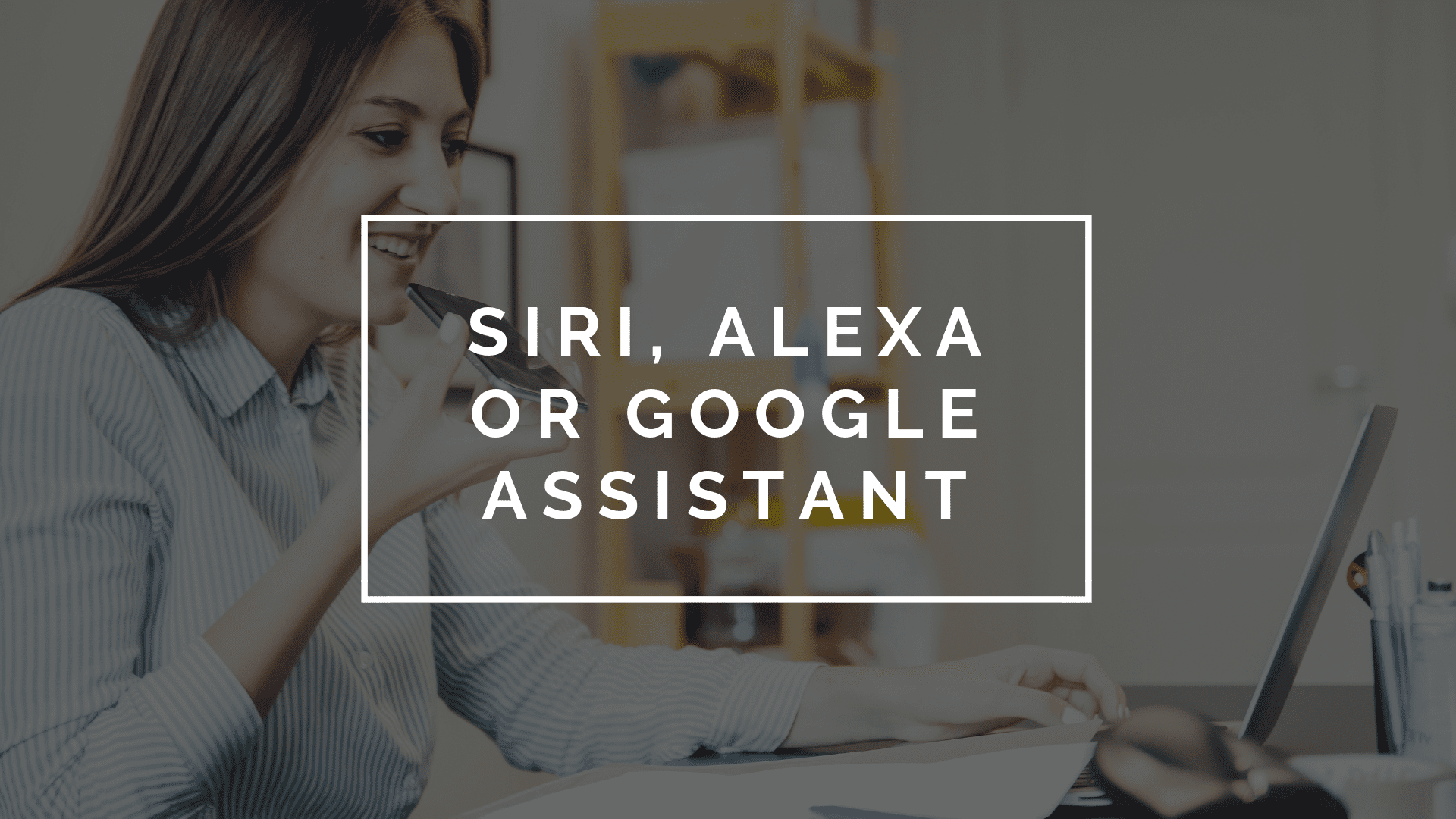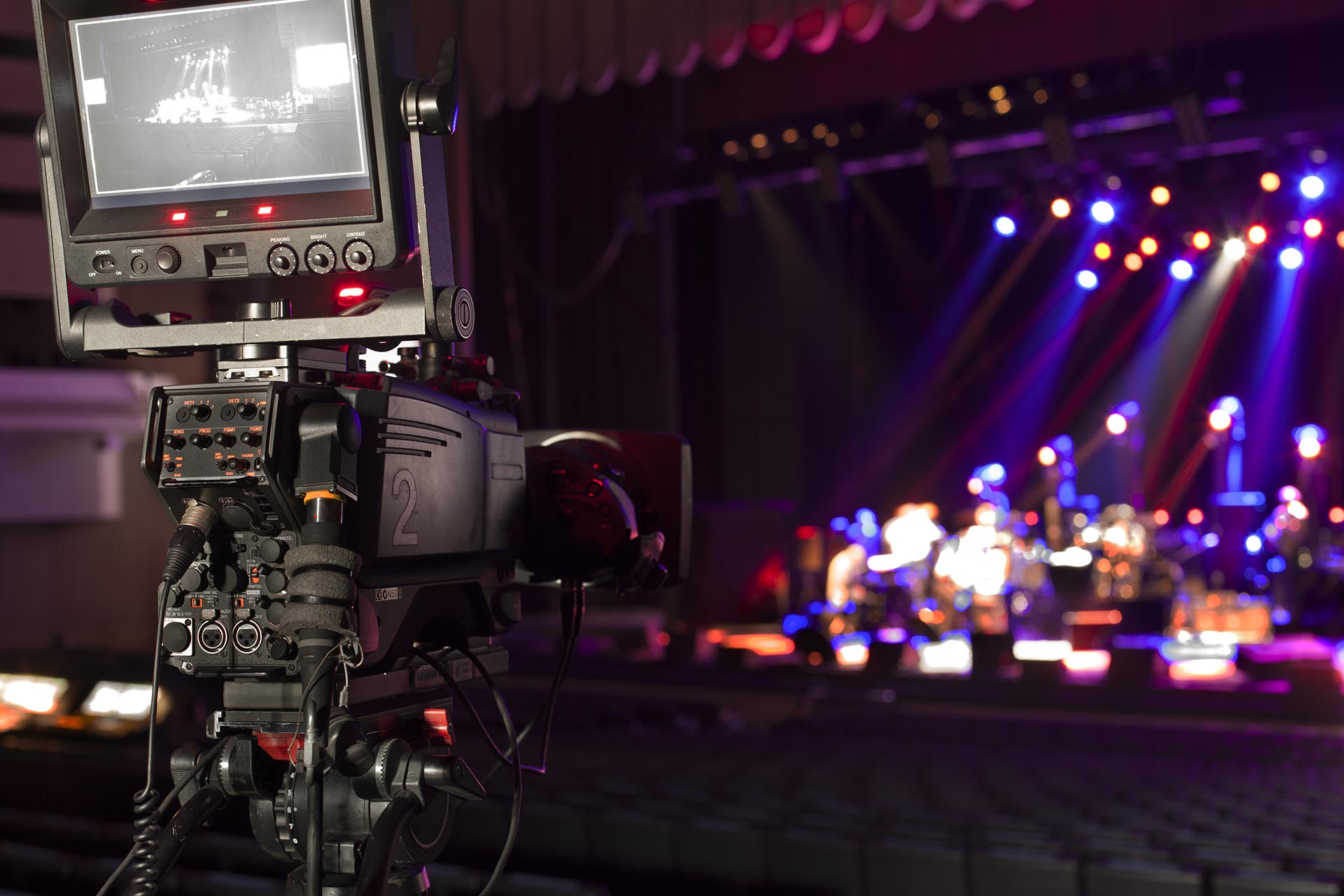
Digital voice assistants are huge in today’s world. From asking Siri what the weather is like to asking Alexa who won the U.S Open, voice assistants inhabit our daily lives. In fact, they are used so frequently that there are voice search optimization companies now that help smaller businesses optimize their content for voice search. But which voice assistant is the best? Siri? Alexa? Google Assistant? Let’s take a look at different categories to see which voice assistants program is the best.
General Knowledge
One of the most entertaining and useful parts of voice assistance is the ability to ask any question and be given an answer almost immediately. Alexa, which is Amazons digital assistant ranks the highest when it comes to accurately answering questions. Siri on the other hand, Apple’s digital assistant takes last place. Siri is often found to give responses like “I’m sorry I don’t know the answer to that question” or gives useless or not relevant answers. Google Assistant falls in the middle of these two. Companies or small businesses can hire voice search optimization companies to help optimize their content so when someone asks Siri or Google Assistant a question, their company pops up as a result.
Food
Whether you are ordering food, placing a reservation, or looking for a recipe, voice assistants are used frequently for anything involving food. All three assistants offer good recommendations for restaurants, but only Siri offers to set up reservations at these recommendations. When asked for a recipe for something simple like a chocolate chip cookie, Google Assistant and Alexa give you a recipe and walk you through the steps while Siri only sends you to Safari. Overall, all three voice assistants are tied for who is best when it comes to food questions. Again, voice search optimization companies can help your business gain more traffic by optimizing your content.
Communication
When it comes to communicating through phone calls, FaceTime, and text messages, the three digital assistants differ in ranking. Alexa allows you to compose texts messages to send and lets you call people in your contacts. Google Assistant lets you call people, but tends to have some issues with sending accurate text messages. Siri wins the day by a long shot in this category. Siri can compose text messages, make phone calls- even international ones, and you can write and send emails through her. When it comes to communicating, Siri comes in first place followed by Alexa and then Google Assistant
Overall, when looking at all three different kinds of voice assistants there are quite a few differences and we only touched on three. Each has different strengths and weaknesses. Voice search optimization companies work to help your business or company optimize your content. This will allow your name to pop up more frequently when someone searches “restaurants near me” or “good lawyers near me.” With the new age of voice assistants and voice search optimization companies, benefits are endless! One big benefit is that information is available to us faster than it ever has before. As for which assistant is better, that is a question you may need to decide for yourself.
Sources:
https://www.tomsguide.com/us/alexa-vs-siri-vs-google,review-4772.html
https://www.cnet.com/news/siri-vs-alexa-vs-google-assistant/



